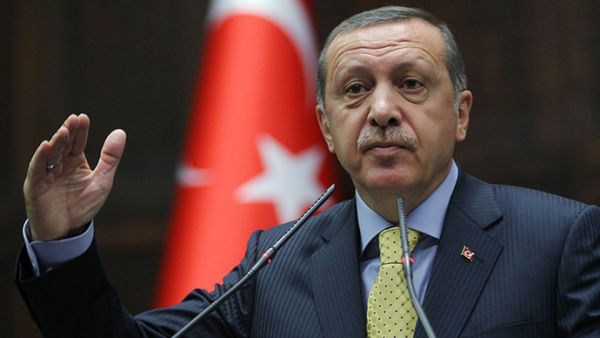Turkish President Tayyip Erdogan has called for snap elections to take place Nov. 1, and results from elections in June show it's likely to be a close race.
There are plenty of Turkey's residents who have been dissatisfied with their democratic system, but there are nearly just as many who agree with the direction the country is heading. Fewer support Erdogan's administration.
A study from the Pew Research Center says there's a handful of underlying differences that are affecting those political differences — and a major one is religion.
An Islamic country, Turkey is sometimes cited as an example of more diversity in its Muslim residents than the rest of the Arab world. Those degrees of Islam play a major factor in political opinions. While devout Muslims are more content with Turkey's democratic system and the current administration, moderate Muslims are less satisfied.
Satisfaction with the political system is positively correlated with how often the Muslims pray everyday. Here are the numbers:
Age and education are also major factors. Older and less educated Turkish residents are more likely to be satisfied with the current political system. The younger, more educated generation are more likely to support the opposing leftist party, the Republican People's Party (CHP).
While there are fundamental disagreements on the kind of democracy Turkey should have, people mostly agree that democracy is the way to go. The numbers show Turks still prefer democracy over a strong leader, if they had to choose.
By Hayat Norimine












